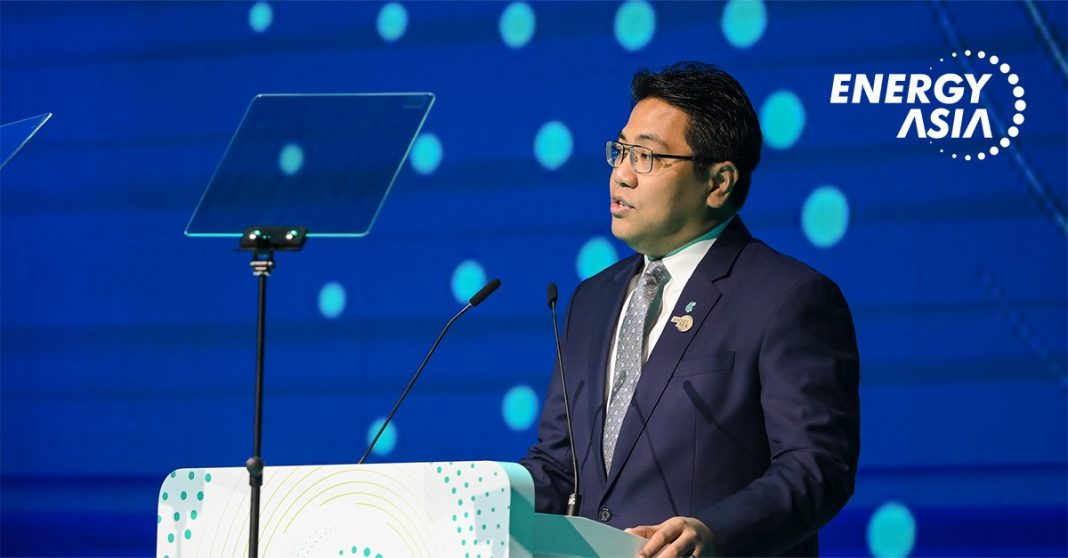KUALA LUMPUR: Asia-Pacific will require US$90 trillion (S$115.20 trillion) in energy investments to meet the region’s net-zero goals, according to Petronas president and group CEO Tan Sri Tengku Muhammad Taufik Tengku Aziz.
According to The Edge Malaysia, speaking at the Energy Asia 2025 conference on Monday (Jun 16), he said that with the region facing rising geopolitical tensions, intensifying climate threats, and volatile energy markets, urgent and coordinated investments in both conventional and renewable energy systems are needed to avoid putting Asia’s energy security and climate targets at risk.
The CEO of Malaysia’s state oil firm noted that the Asia-Pacific region, which comprises 60% of the world’s population and includes three of the five largest economies, is expected to consume half of the world’s energy by 2050. Yet, some countries have a gross domestic product (GDP) per capita of over US$90,000, while others are still below US$1,200.
He also stated that around 150 million people still lack access to electricity.
Despite the development of more renewable energy projects, Mr Muhammad Taufik said that fossil fuels still supply more than 80% of the region’s energy needs.
With demand continuing to rise, driven by a growing population and artificial intelligence (AI)-led industrial growth, Asia-Pacific is on track to account for half of the world’s energy use by 2050. Data centres alone are expected to double their power consumption to 945 terawatt-hours by 2030, making up over 20% of global demand growth.
“Energy is the lifeblood of economies,” he said, urging governments, investors, and industries to push more funding into energy projects, especially in emerging and developing markets where the investment gap remains the widest. He also emphasized the importance of investment in maintaining energy availability and affordability.
“With demand already outpacing supply right now, we must do so more urgently than ever,” he added.
In a Facebook post on Monday, Energy Asia highlighted three key steps to ensure the region’s “just and equitable transition” to cleaner energy: “diversifying our energy mix with low-emission options like sustainable fuels, solar, wind, and hydrogen; scaling up energy investments through collaborative efforts to unlock capital and ensure affordability; and fostering regional collaboration for systemic change across the energy ecosystem.” /TISG

